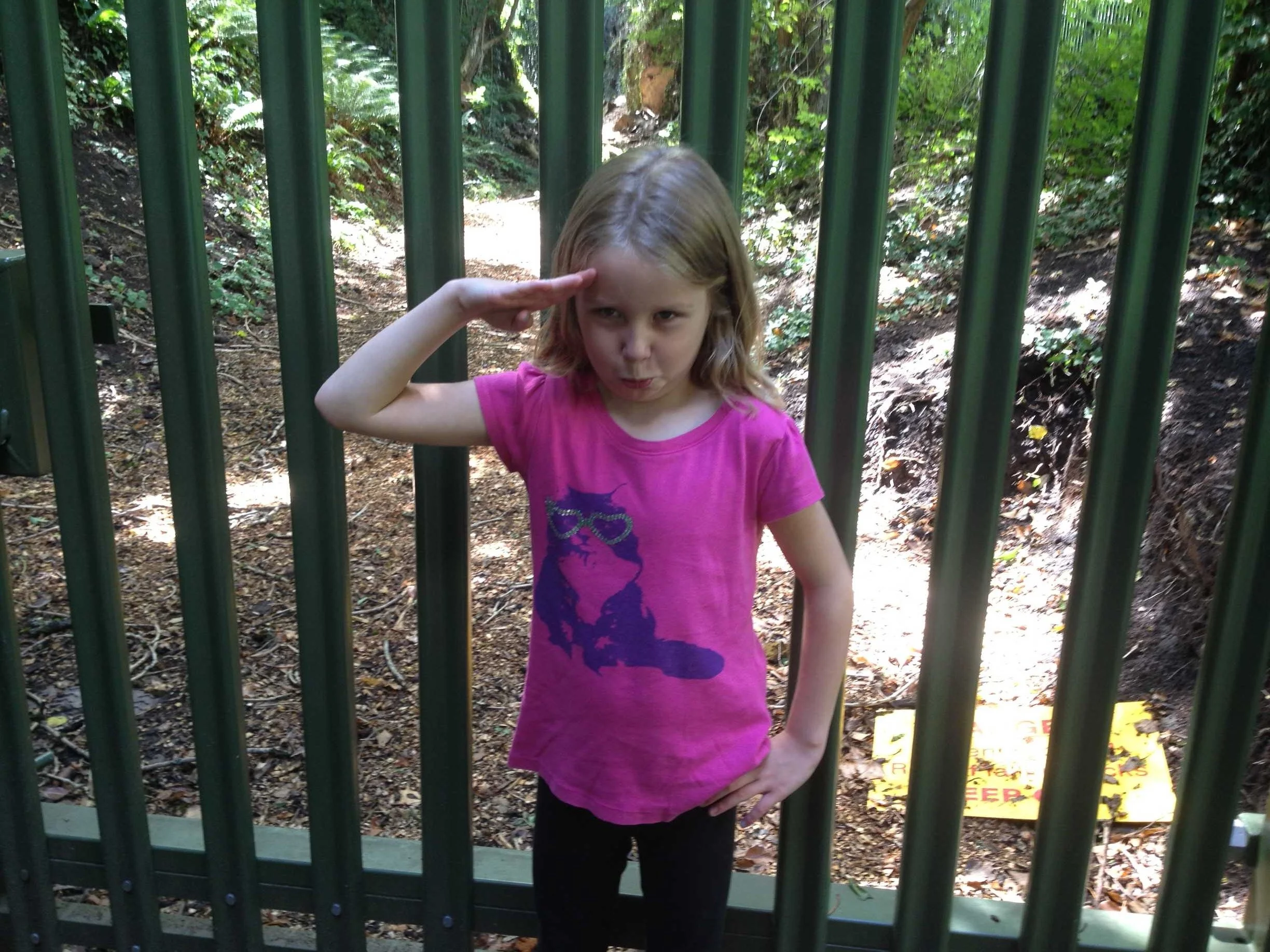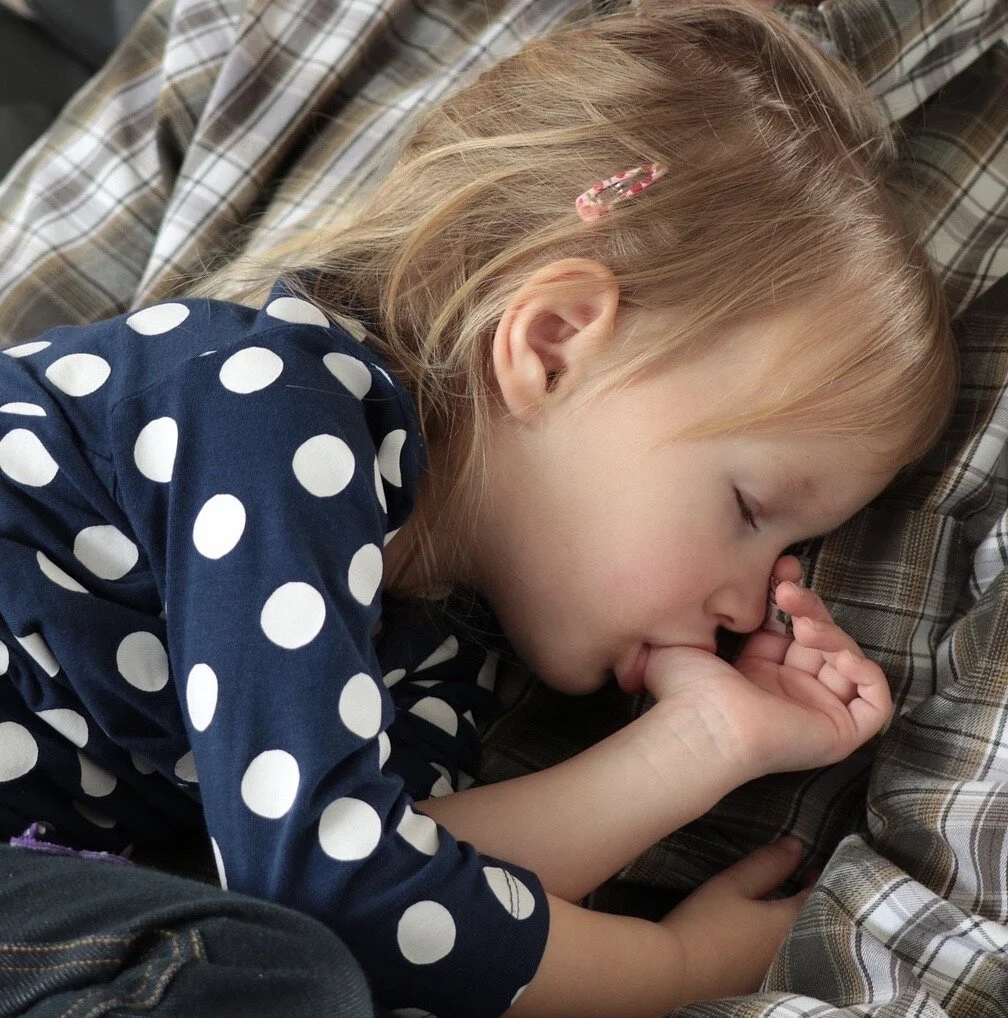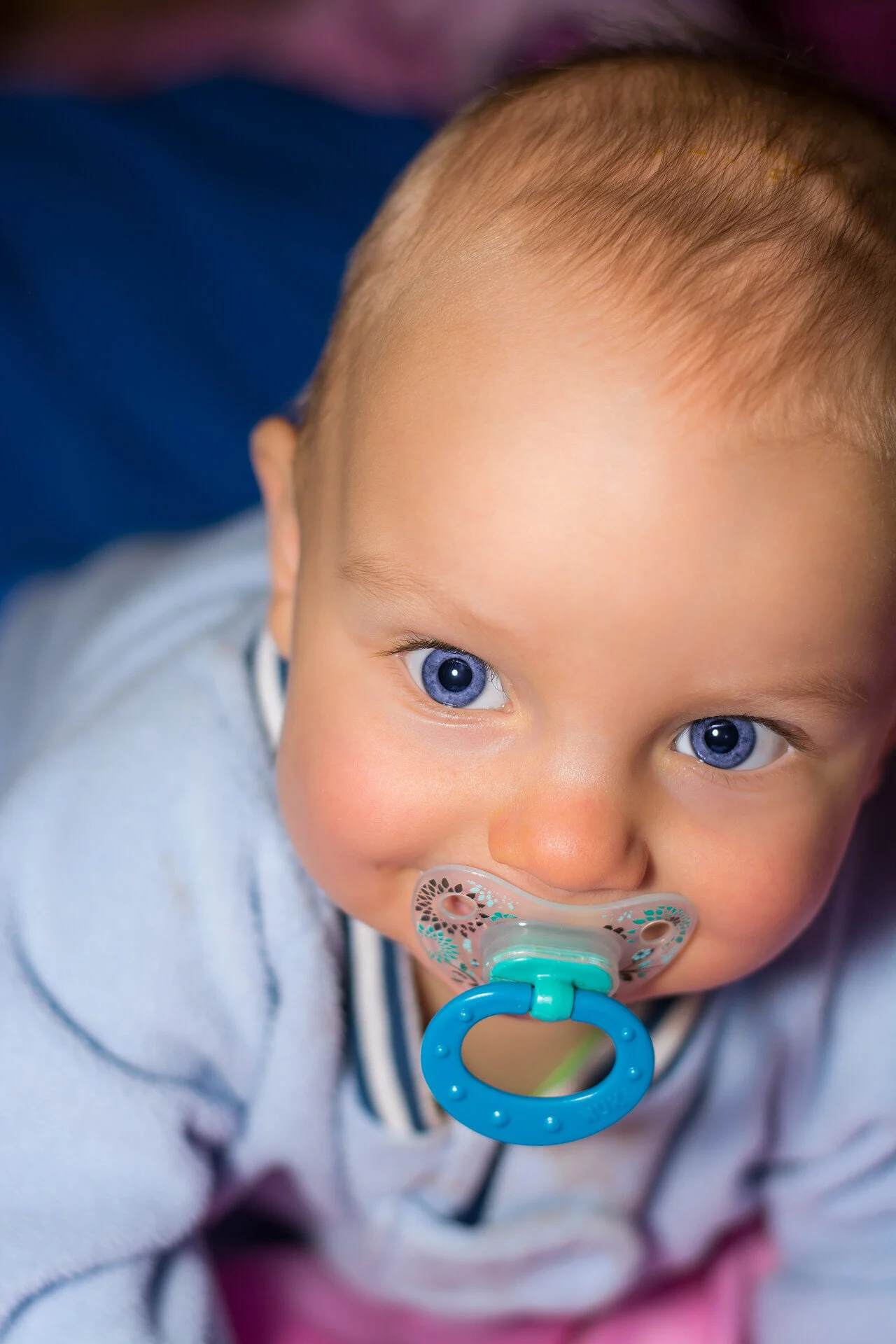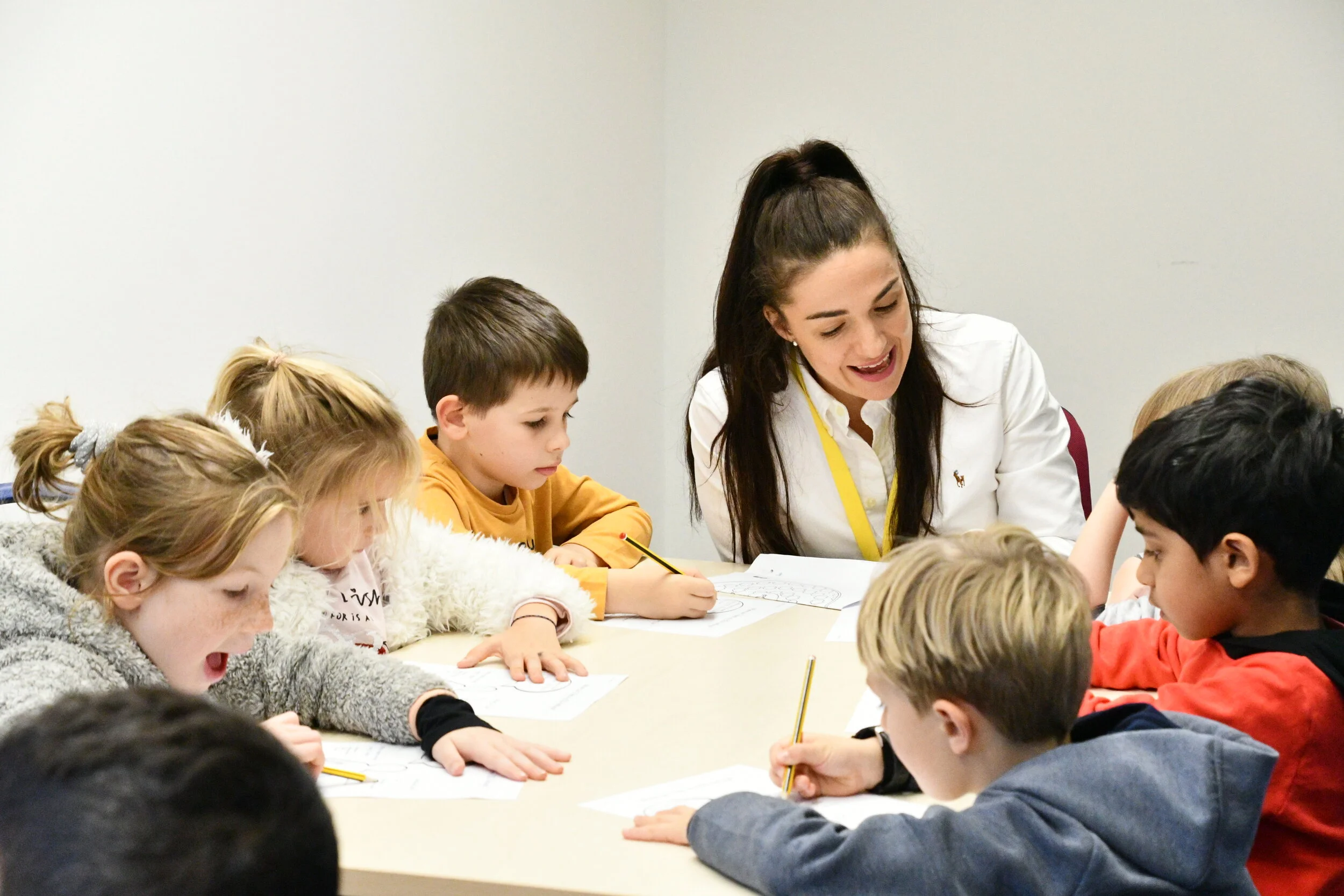Written by Sophie Osgood, Spoonful of Nana. Hello, my name is Sophie Osgood, I went to Norland College, leaving in 2007 and nannied until I had my daughter in 2018. During this time, I experienced baby massage within a few of my nanny roles, I could see the connection between parent and baby and fell in love with the teachings.
I found the International Association of Infant Massage (IAIM) by chance and after reading their ethos I was totally hooked. In 2012 I trained to become a Certified Infant Massage Instructor (CIMI) which is where my business ‘Spoonful of Nana’ was born.
Read More









